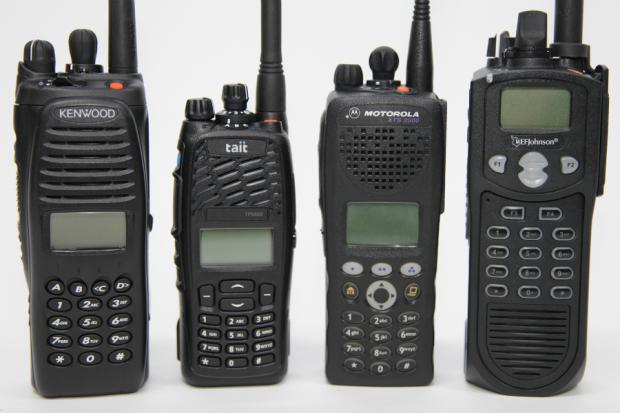
Breaking News
 China Will Close the Semiconductor Gap After EUV Lithography Breakthrough
China Will Close the Semiconductor Gap After EUV Lithography Breakthrough
 The Five Big Lies of Vaccinology
The Five Big Lies of Vaccinology
 Large global study analyzing data from 192 countries has sparked intense debate by suggesting...
Large global study analyzing data from 192 countries has sparked intense debate by suggesting...
Top Tech News
 EngineAI T800: Born to Disrupt! #EngineAI #robotics #newtechnology #newproduct
EngineAI T800: Born to Disrupt! #EngineAI #robotics #newtechnology #newproduct
 This Silicon Anode Breakthrough Could Mark A Turning Point For EV Batteries [Update]
This Silicon Anode Breakthrough Could Mark A Turning Point For EV Batteries [Update]
 Travel gadget promises to dry and iron your clothes – totally hands-free
Travel gadget promises to dry and iron your clothes – totally hands-free
 Perfect Aircrete, Kitchen Ingredients.
Perfect Aircrete, Kitchen Ingredients.
 Futuristic pixel-raising display lets you feel what's onscreen
Futuristic pixel-raising display lets you feel what's onscreen
 Cutting-Edge Facility Generates Pure Water and Hydrogen Fuel from Seawater for Mere Pennies
Cutting-Edge Facility Generates Pure Water and Hydrogen Fuel from Seawater for Mere Pennies
 This tiny dev board is packed with features for ambitious makers
This tiny dev board is packed with features for ambitious makers
 Scientists Discover Gel to Regrow Tooth Enamel
Scientists Discover Gel to Regrow Tooth Enamel
 Vitamin C and Dandelion Root Killing Cancer Cells -- as Former CDC Director Calls for COVID-19...
Vitamin C and Dandelion Root Killing Cancer Cells -- as Former CDC Director Calls for COVID-19...
 Galactic Brain: US firm plans space-based data centers, power grid to challenge China
Galactic Brain: US firm plans space-based data centers, power grid to challenge China
4 Must-have communication devices for a grid down situation

(Natural News) With threats by North Korea to drop a nuke on the U.S., and hopefully this is just saber rattling, plus escalating tensions with Russia over the Syria missile strike, it may now be an appropriate time for some advance planning about backup communications options in a grid down scenario.
In some kinds of disaster events, whether man-made or natural, your smartphone may be useless, at least in a worst-case scenario. (RELATED: Read about more prepping at OffGrid.news.)
That's because cell towers are particularly vulnerable to disruption, OffTheGrid News explains, thereby taking out the network.
Cell towers need AC power to operate, and most don't have an automatic backup system. Even those that have emergency generators are only on during short-term emergencies. Many cell towers are also easily susceptible to physical attack beyond storms.
To avoid complacency about the viability of cell phone service during a widespread power outage, OffTheGridNews suggests four alternative emergency communications devices to include in your bug-out bag containing emergency supplies.
Citizens Band (CB) radio. Operating on the 27-MHz band, CB has faded in popularity since its heyday; it's conceivable that you may be listening to a lot of dead air. A CB's radio's range is generally limited. However, they are better than nothing, and inexpensive.

 This is why RAM costs so much
This is why RAM costs so much

